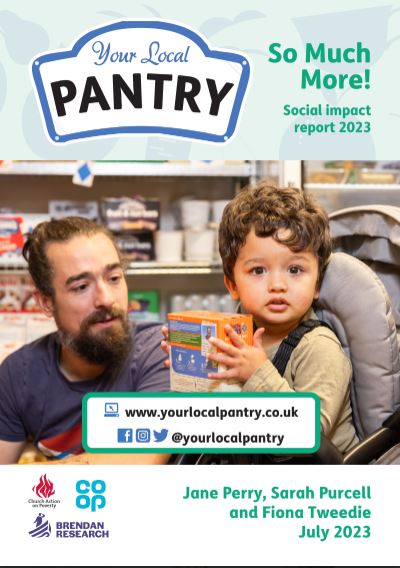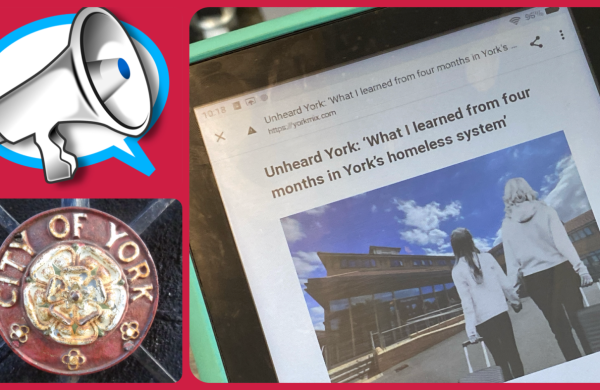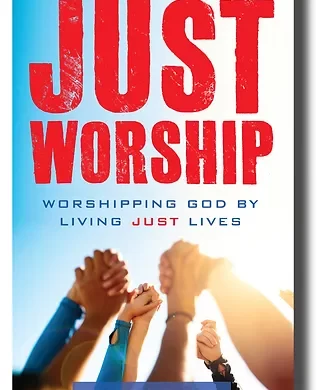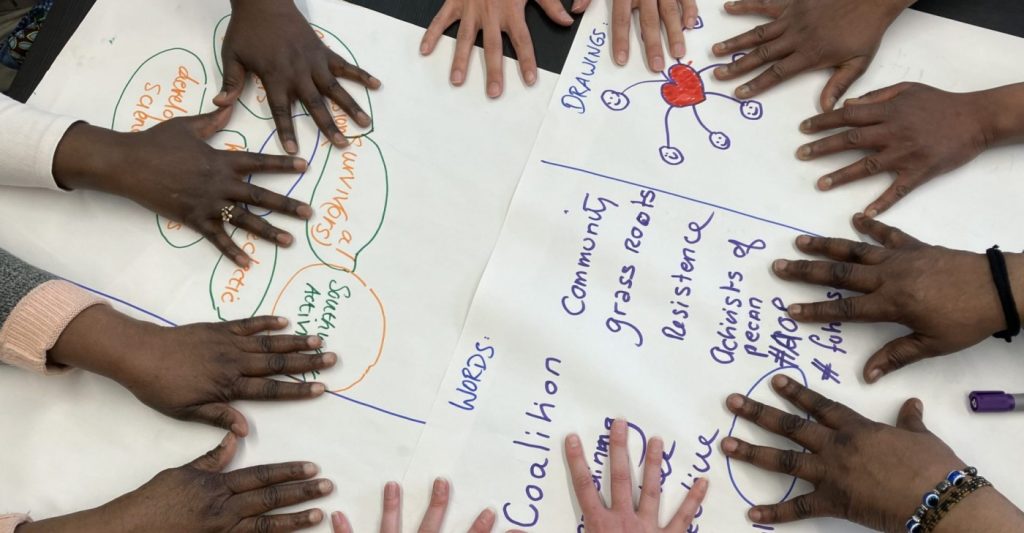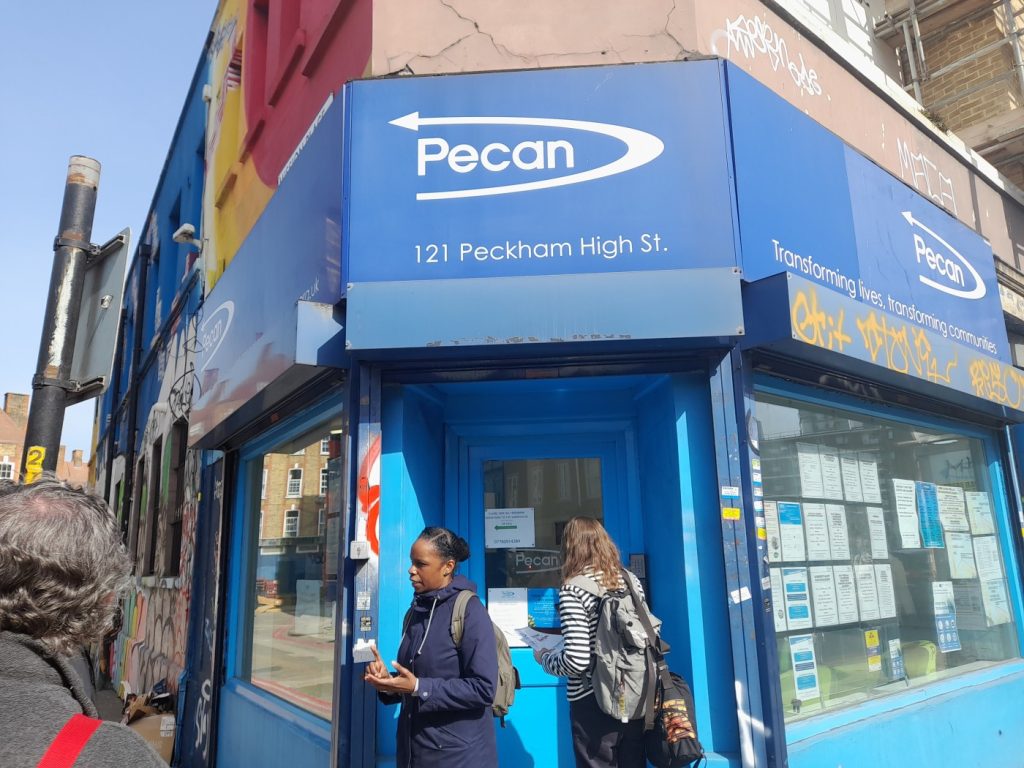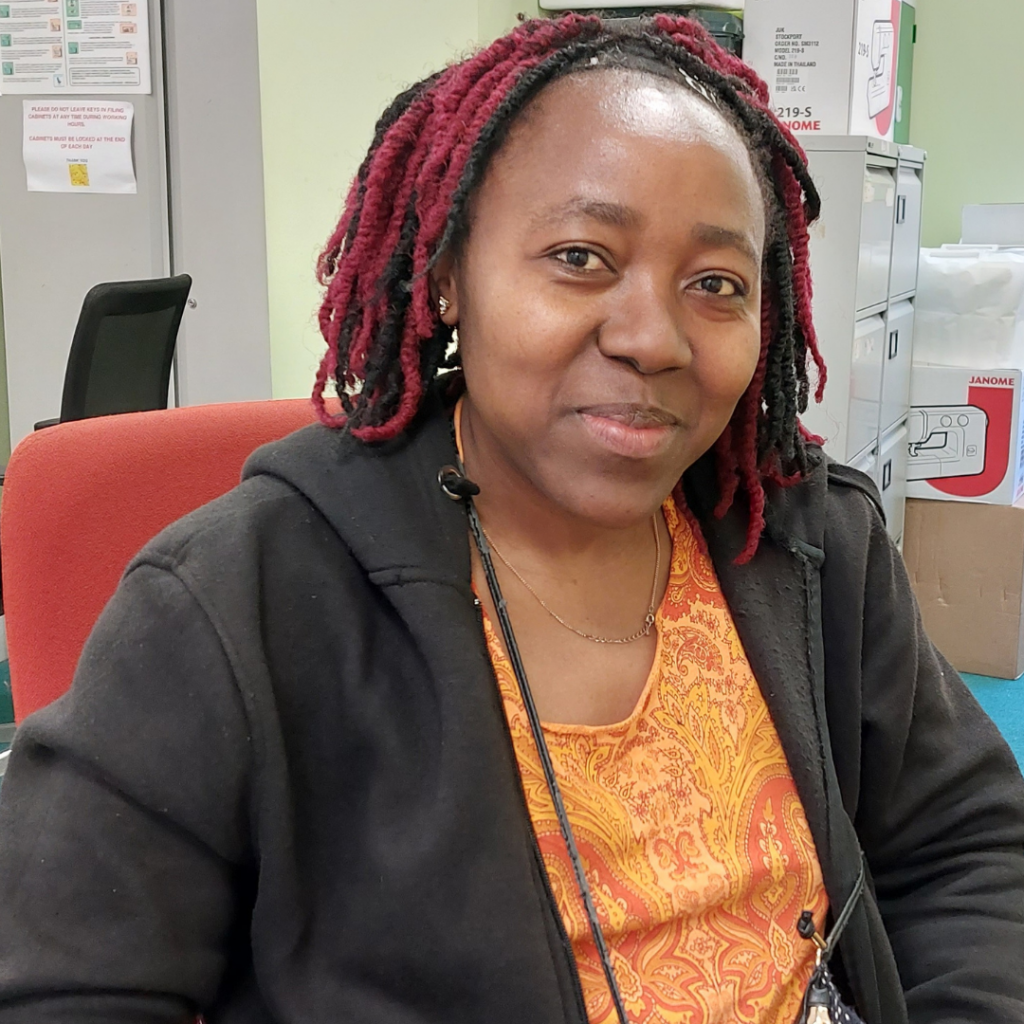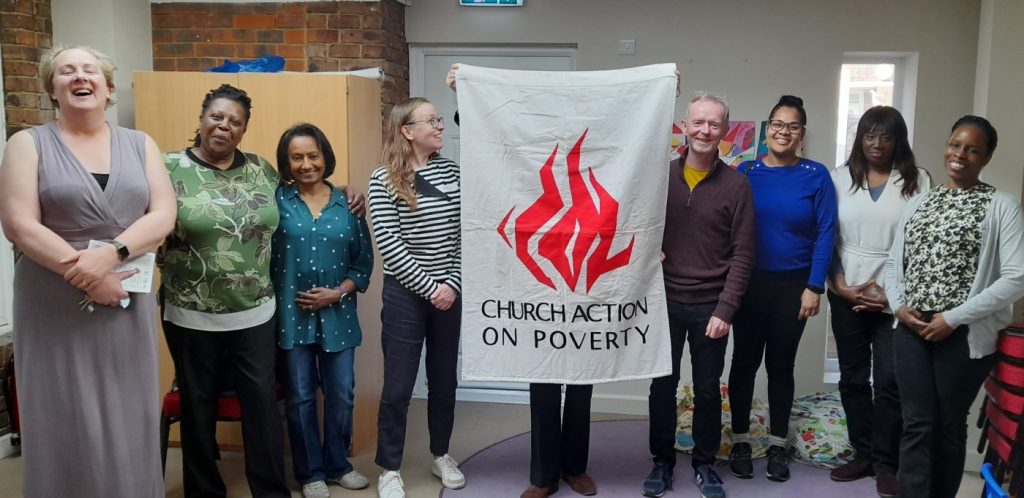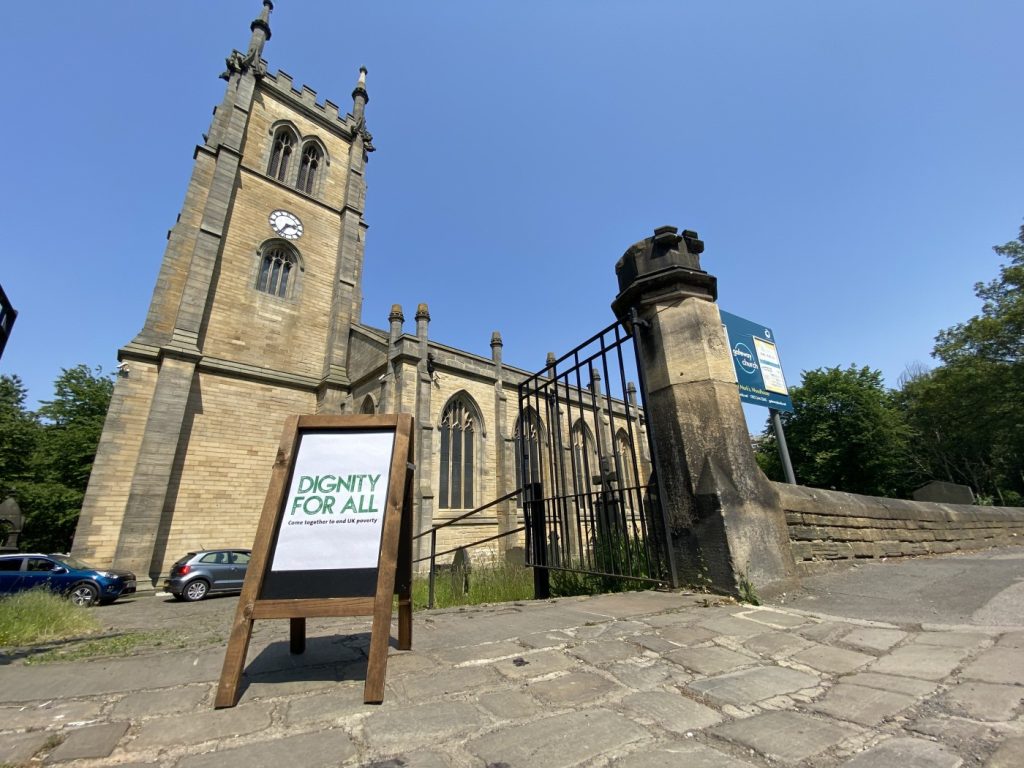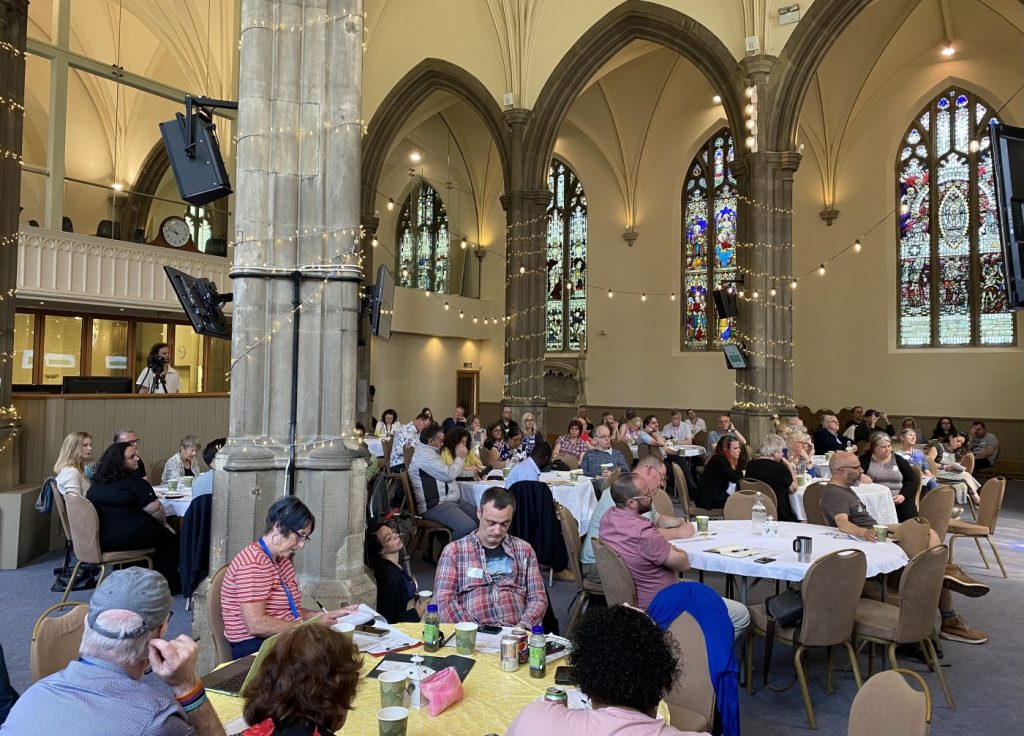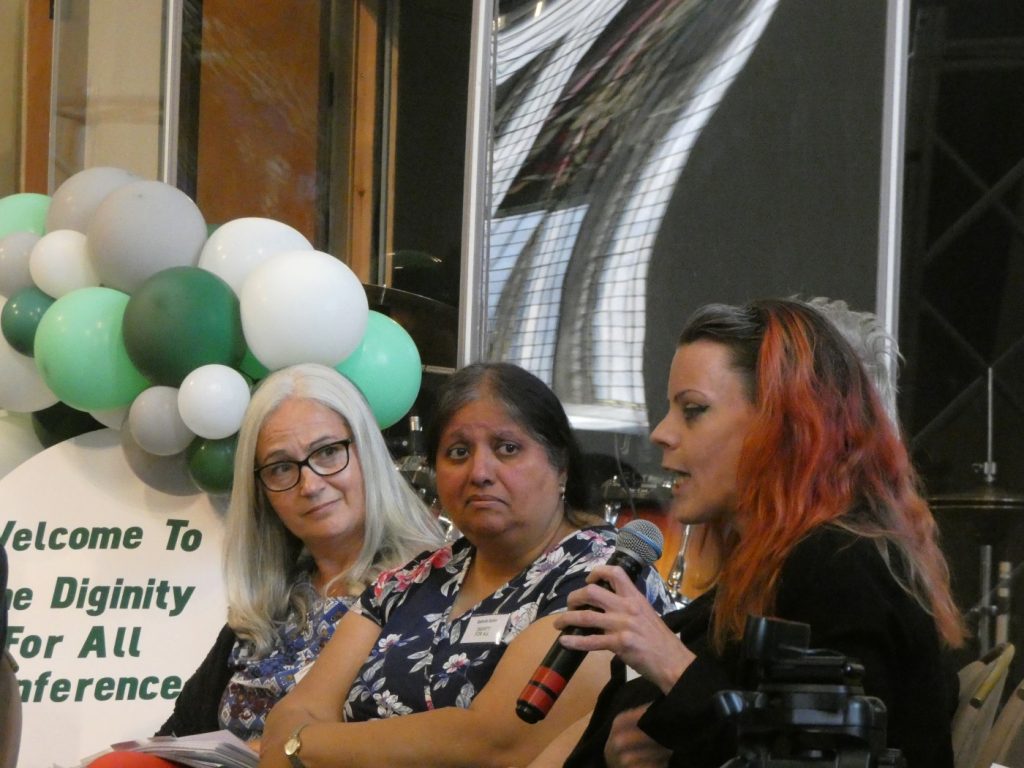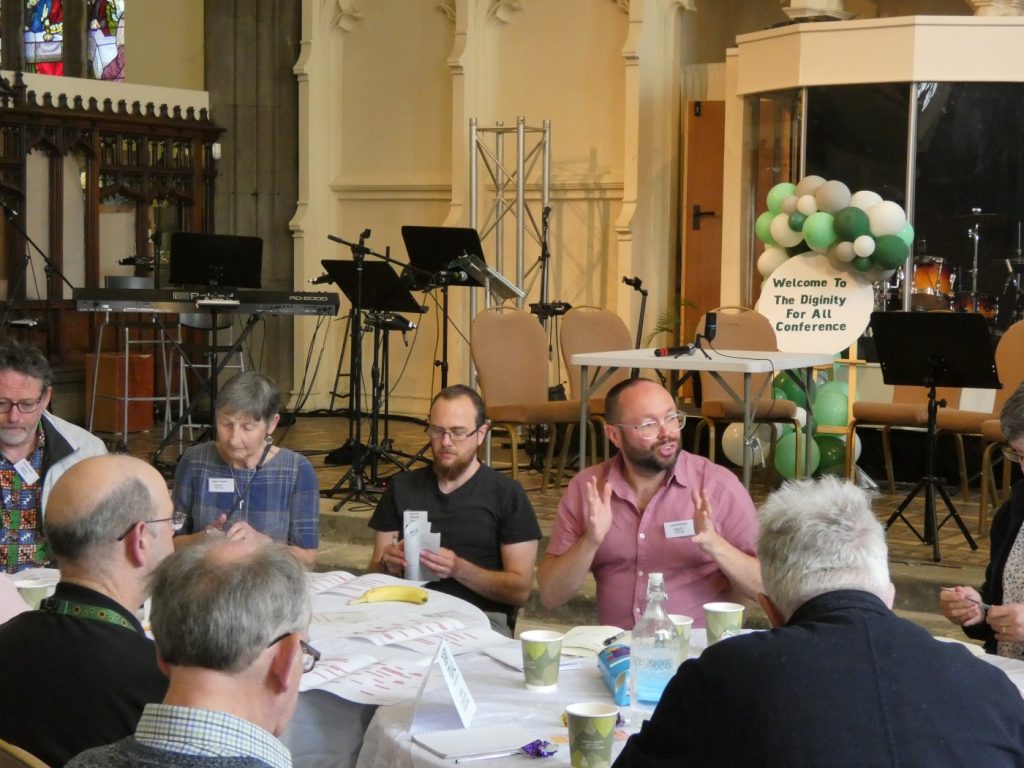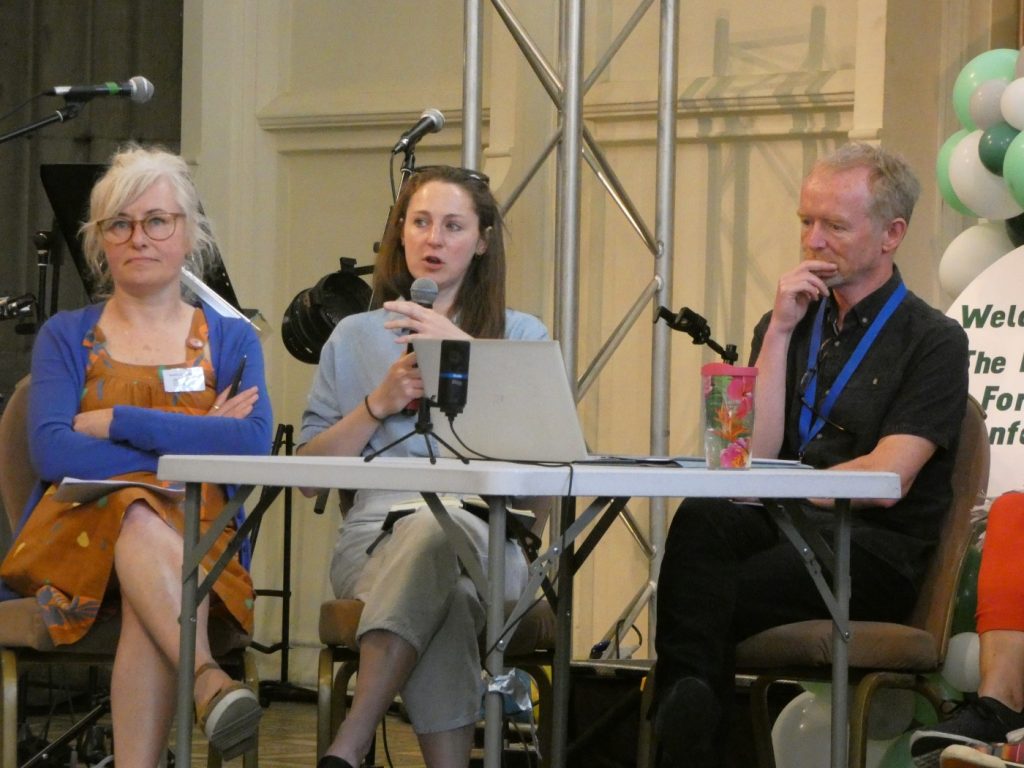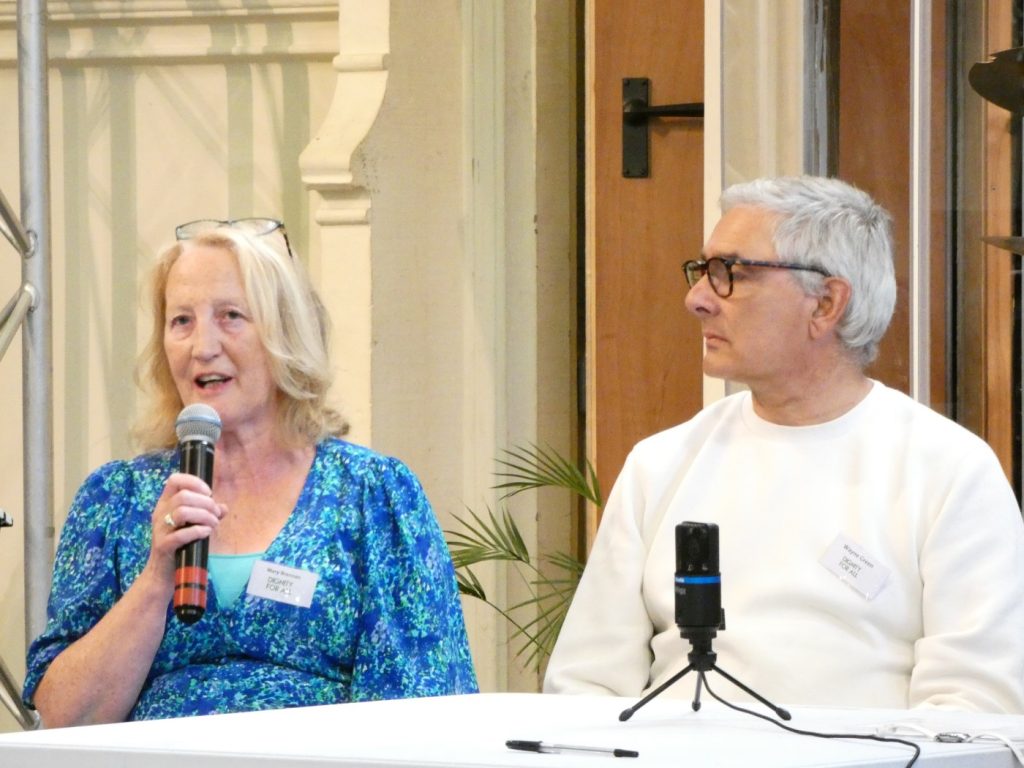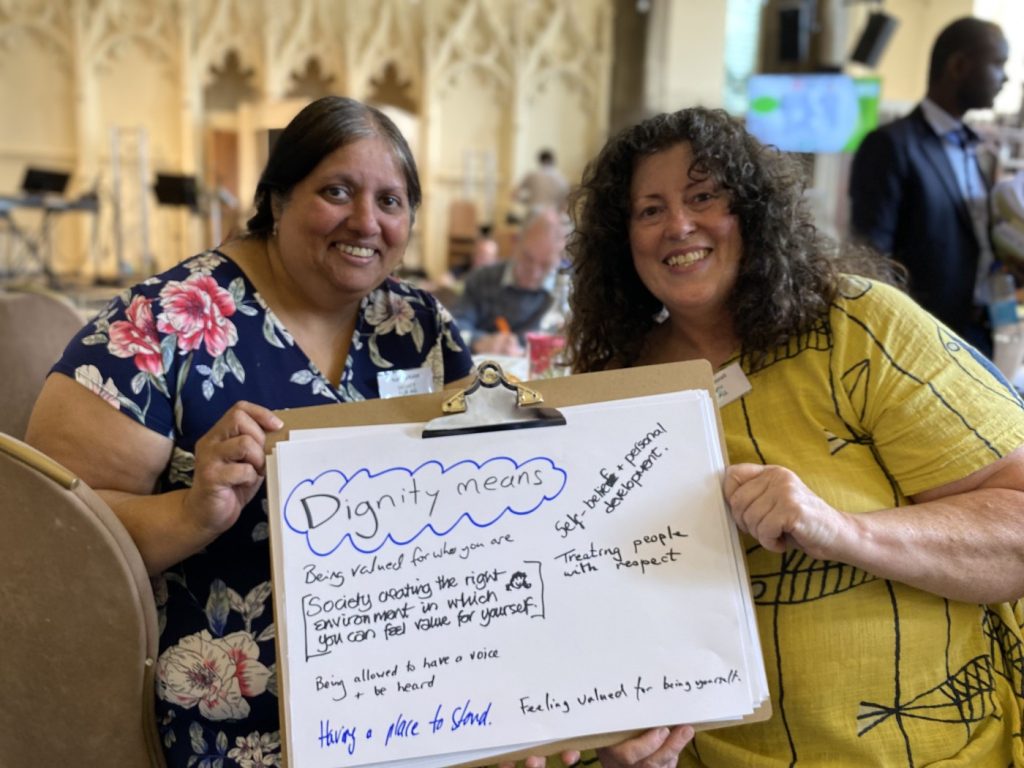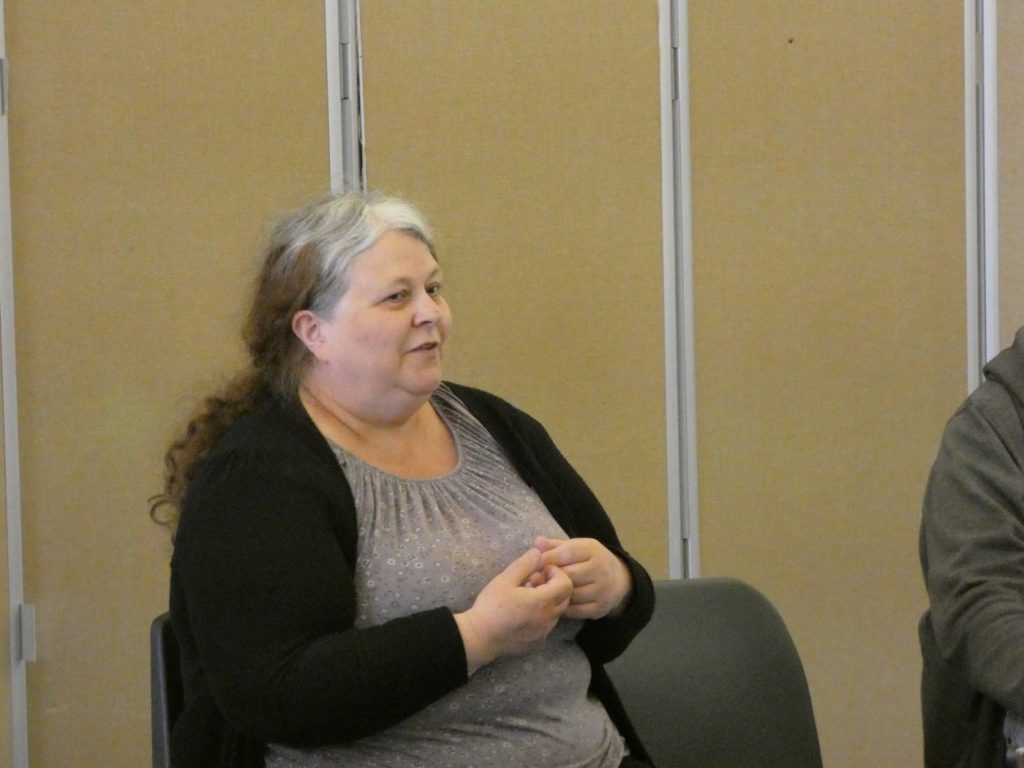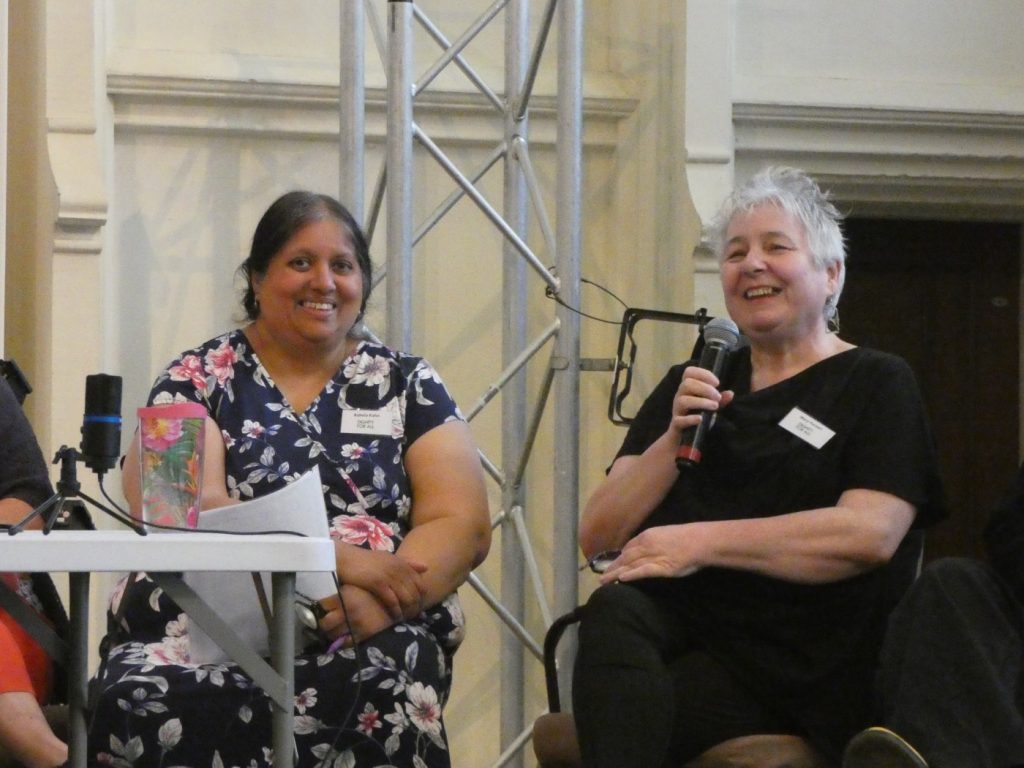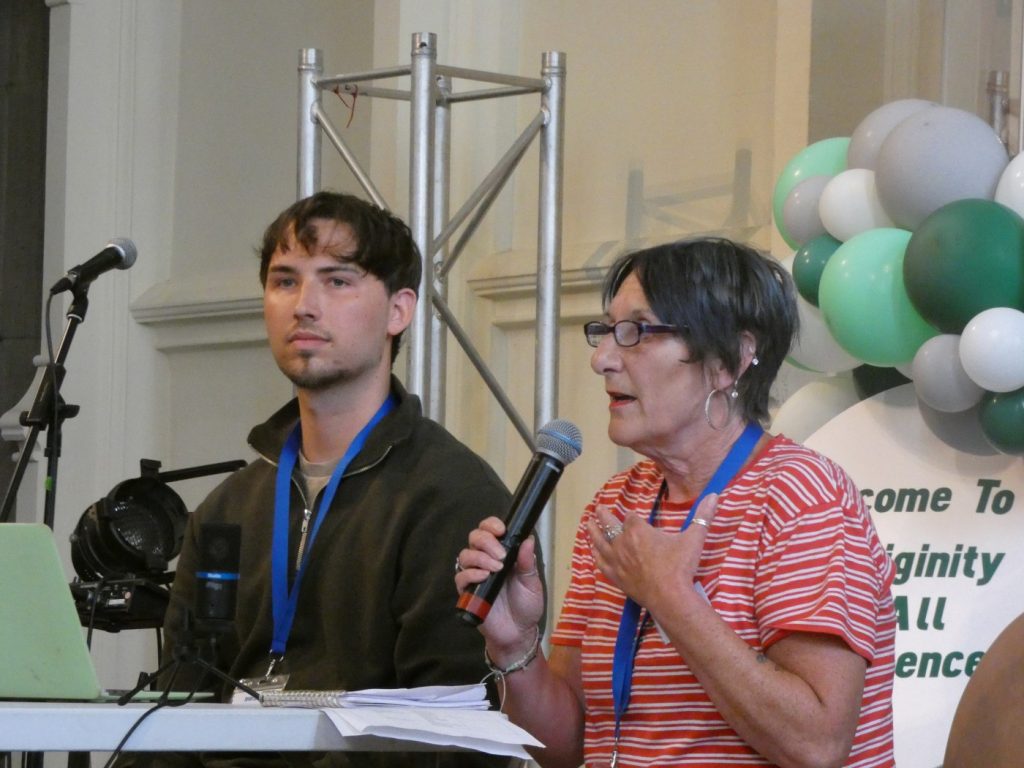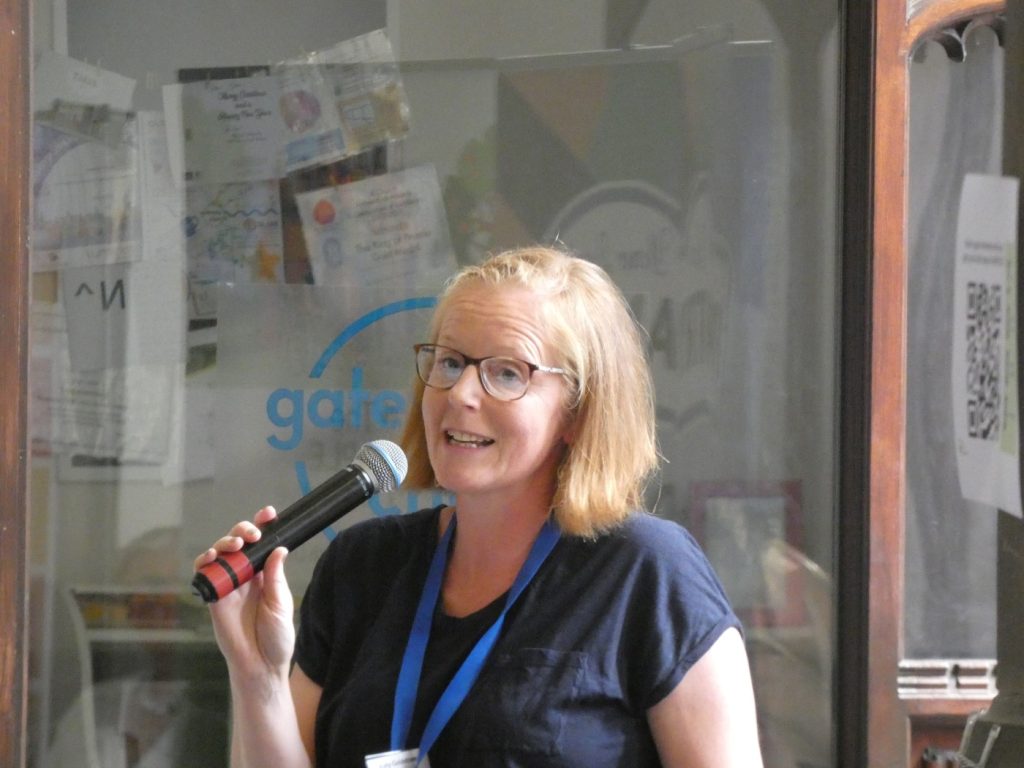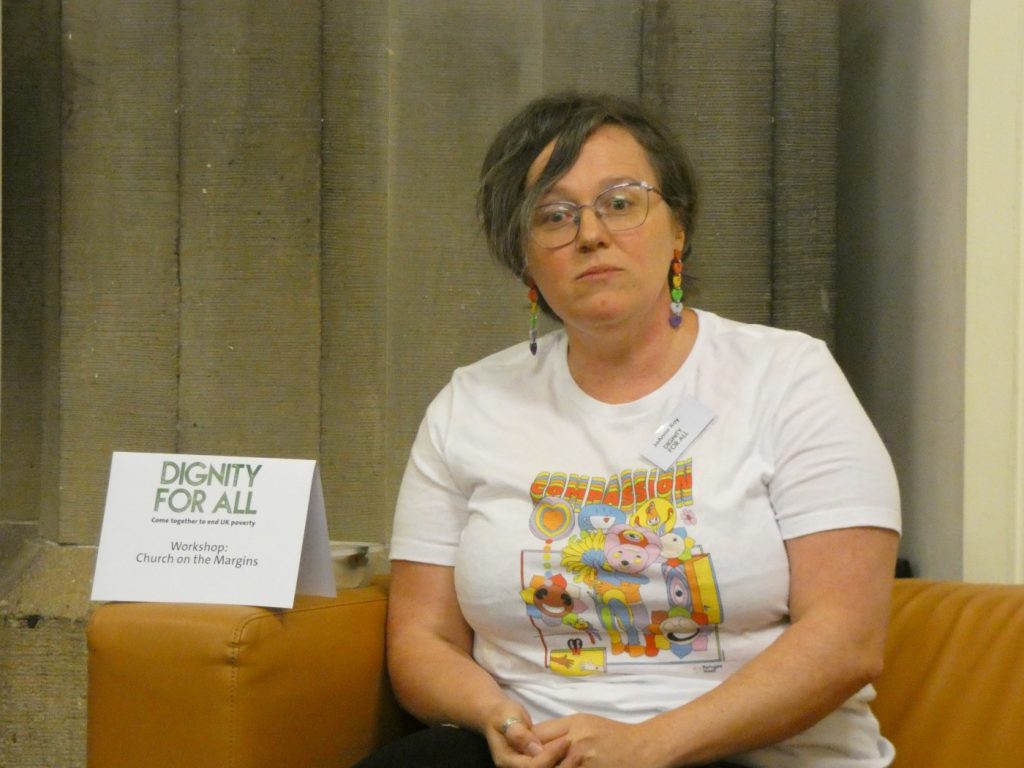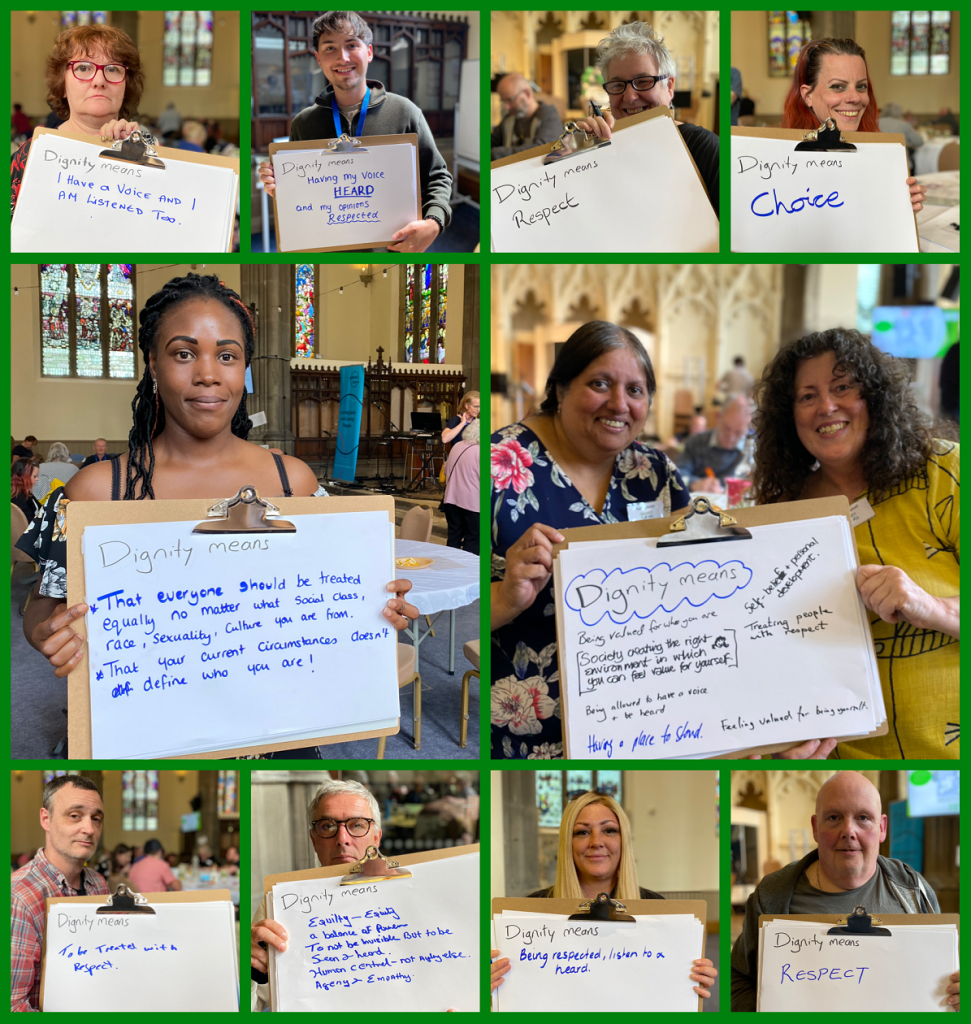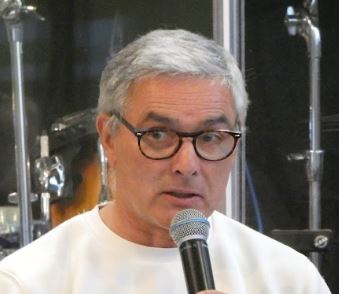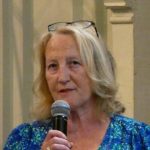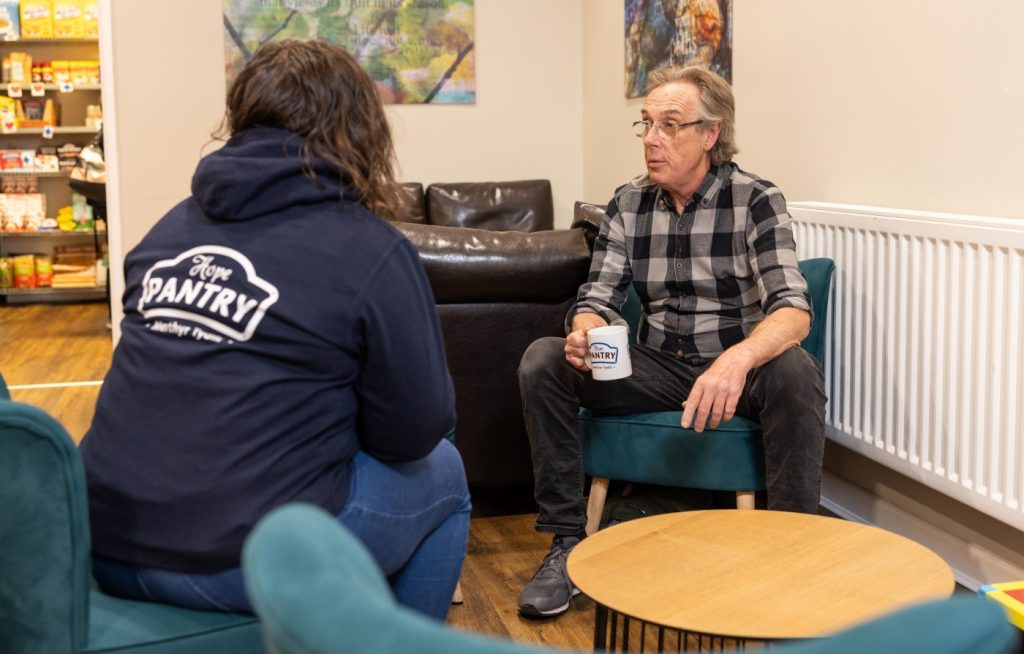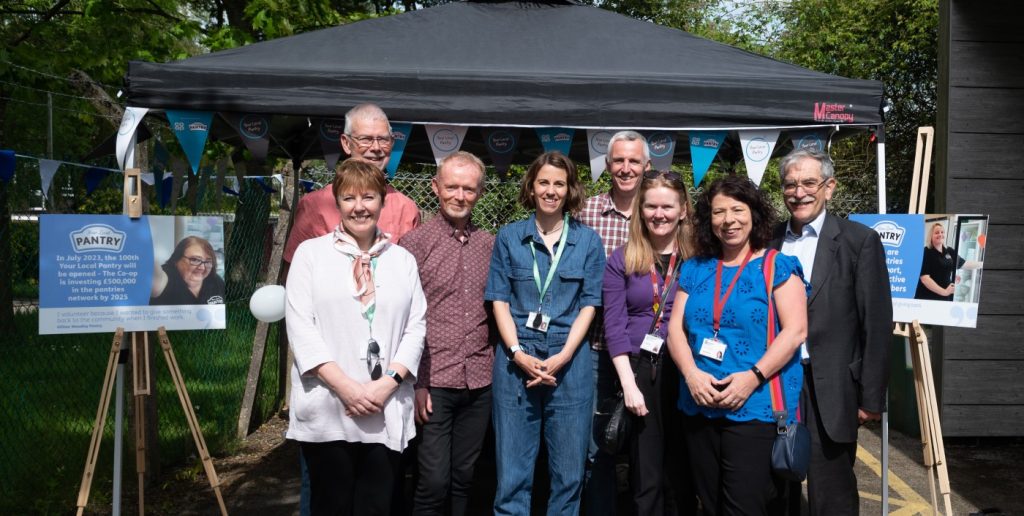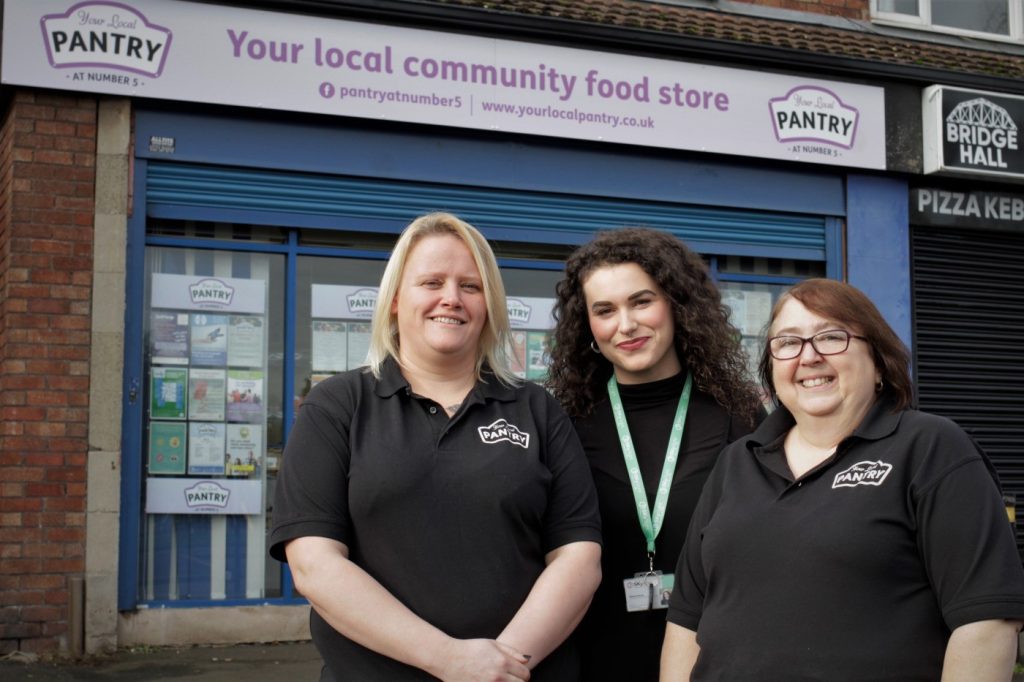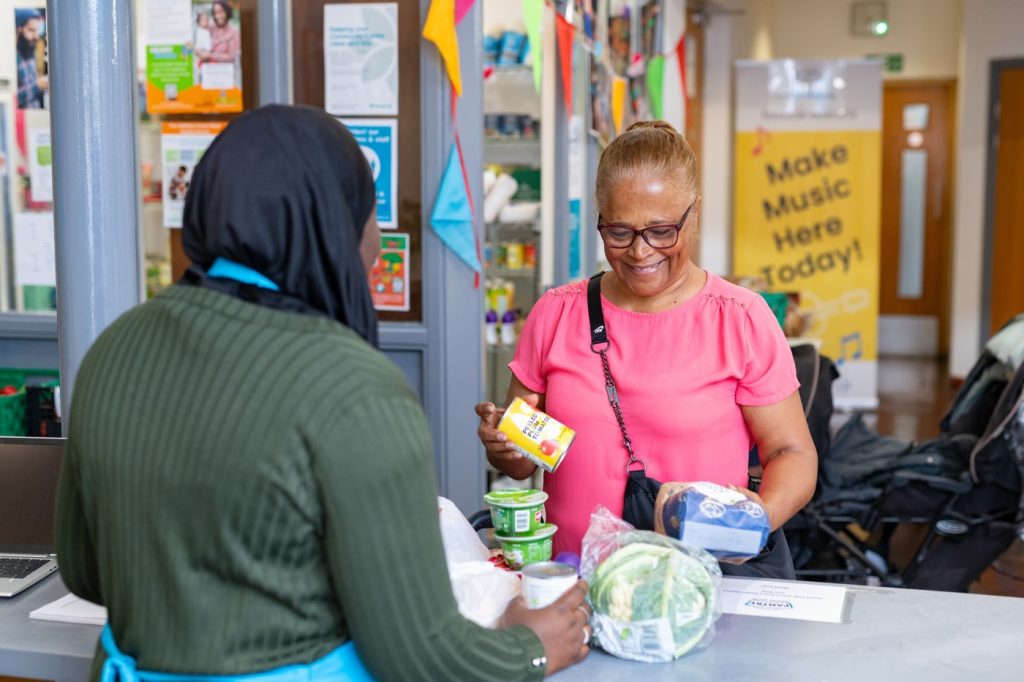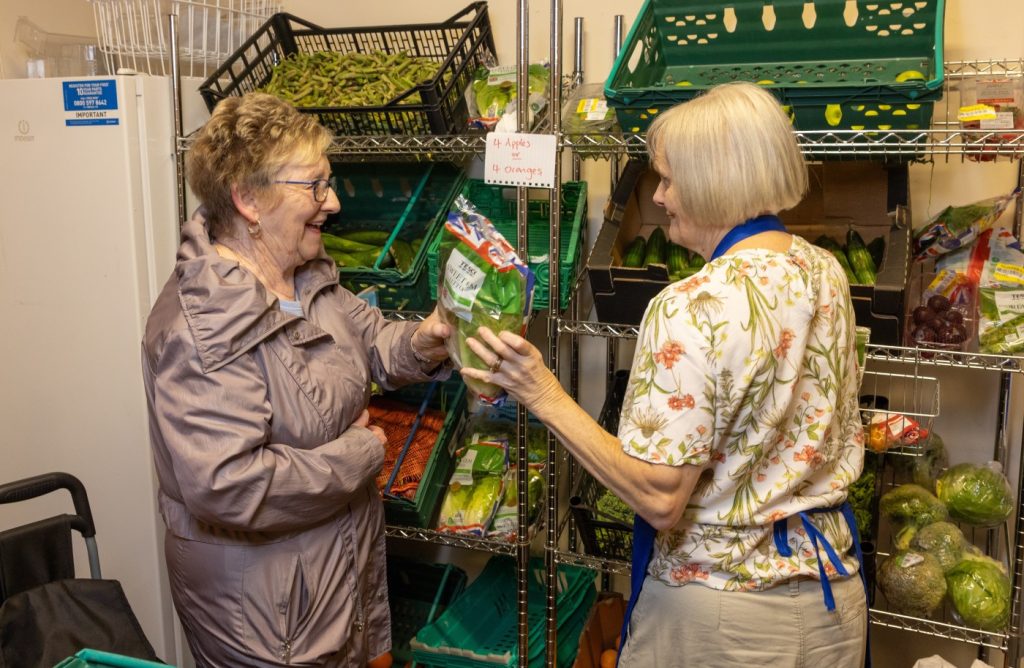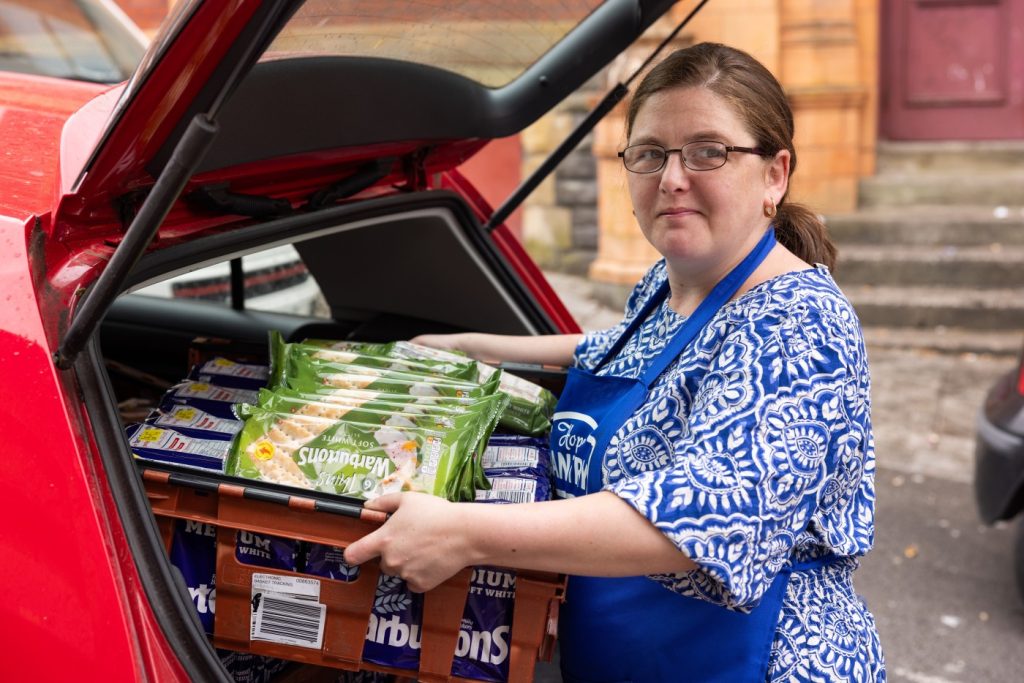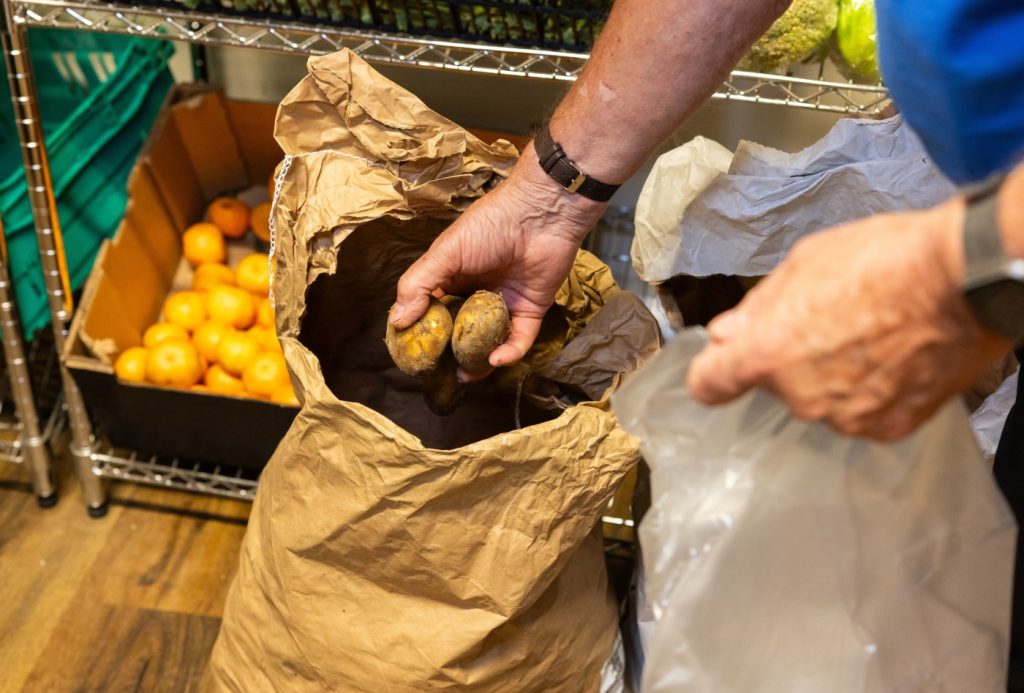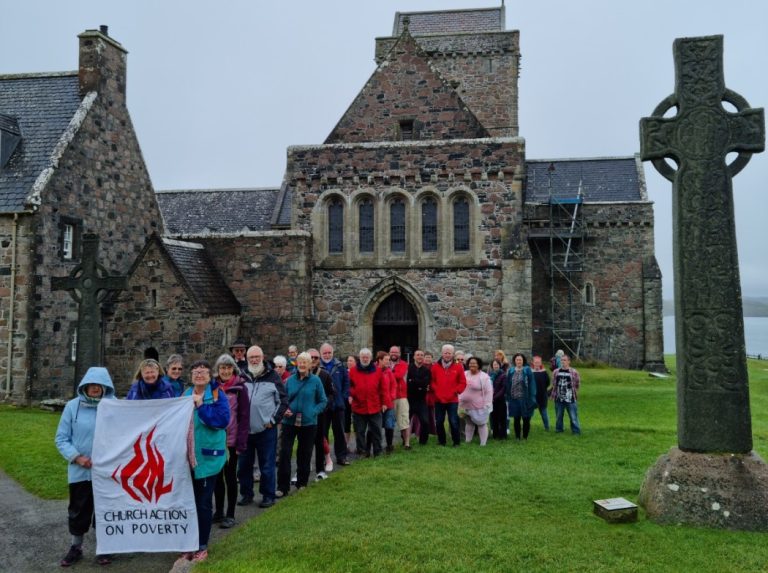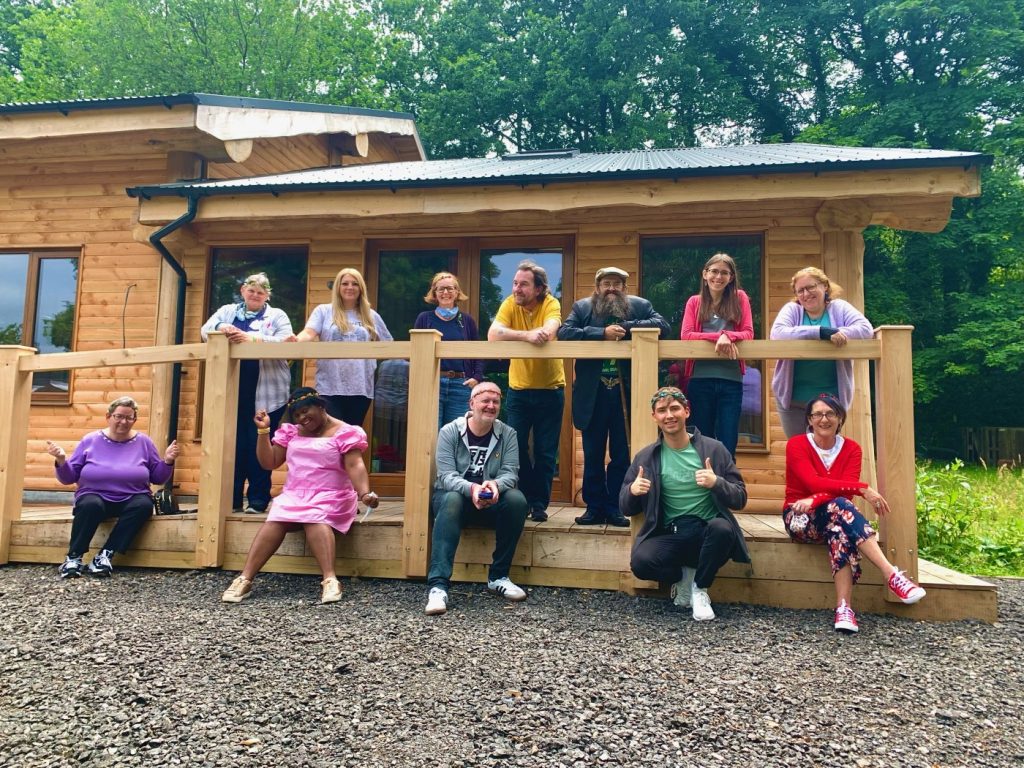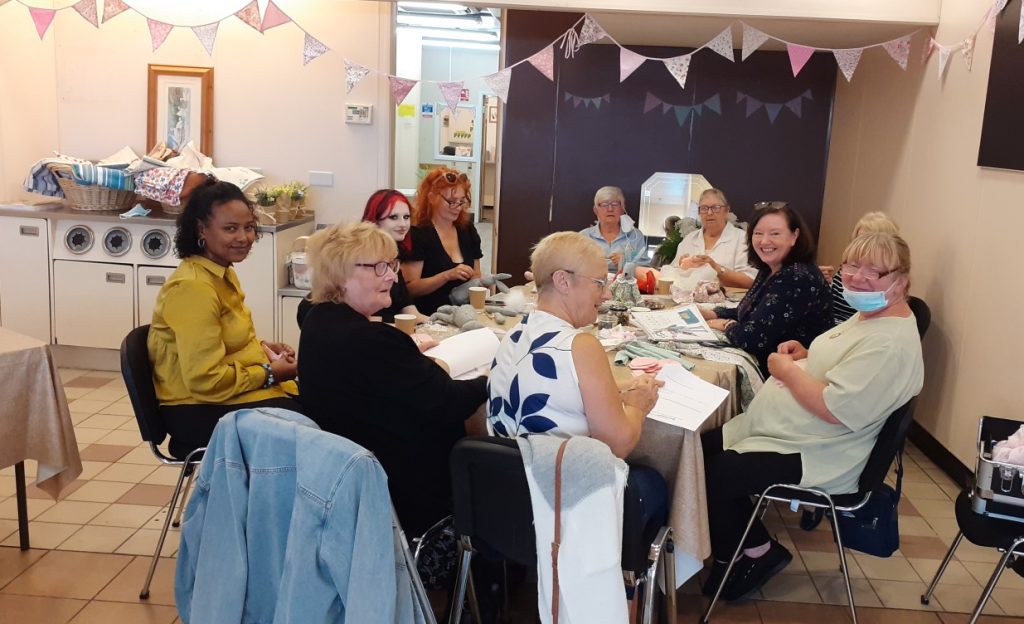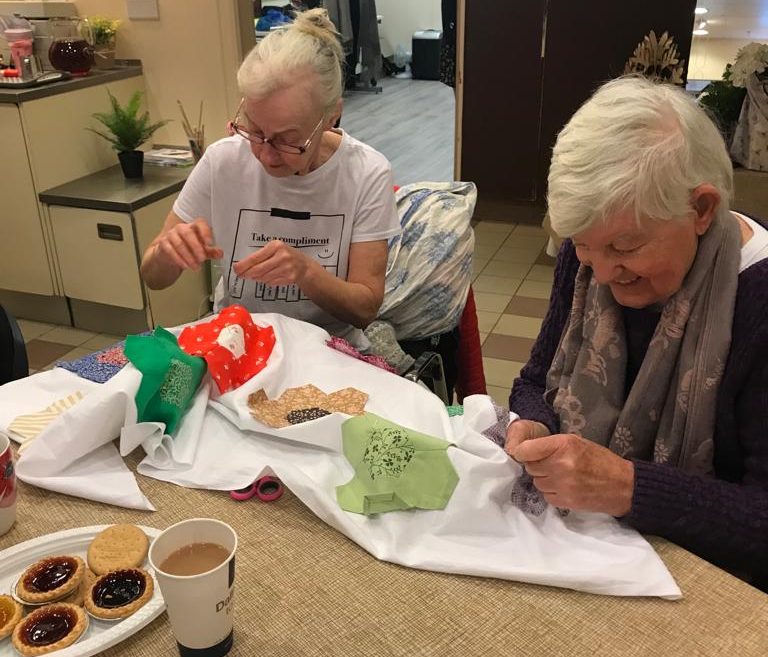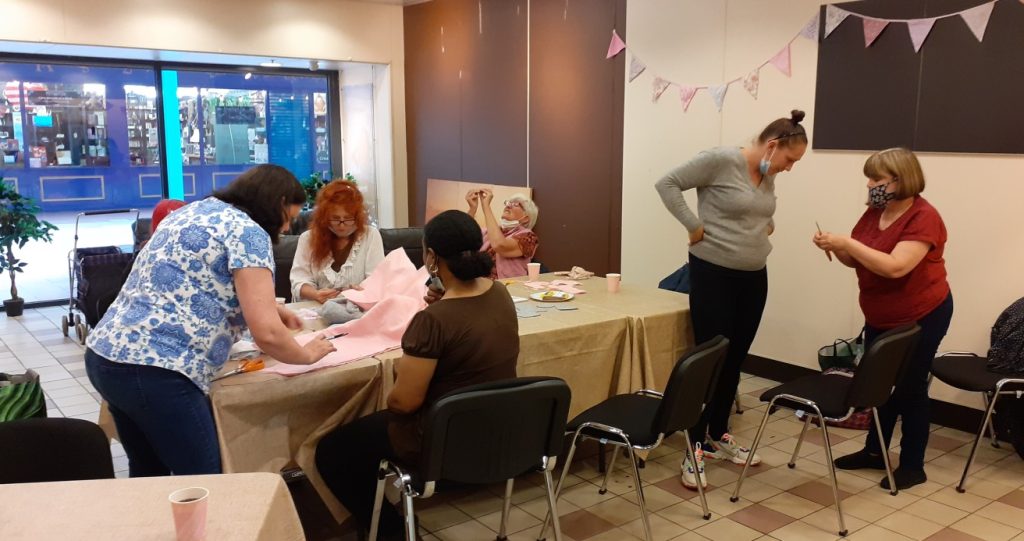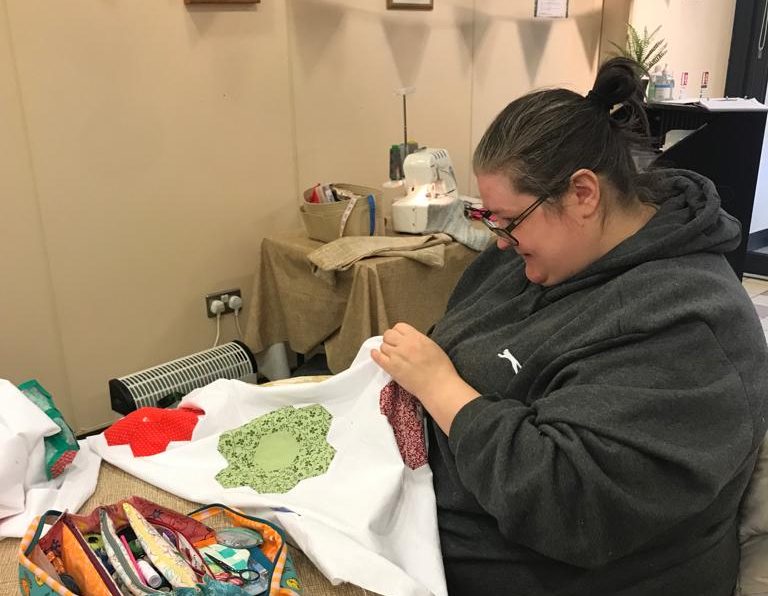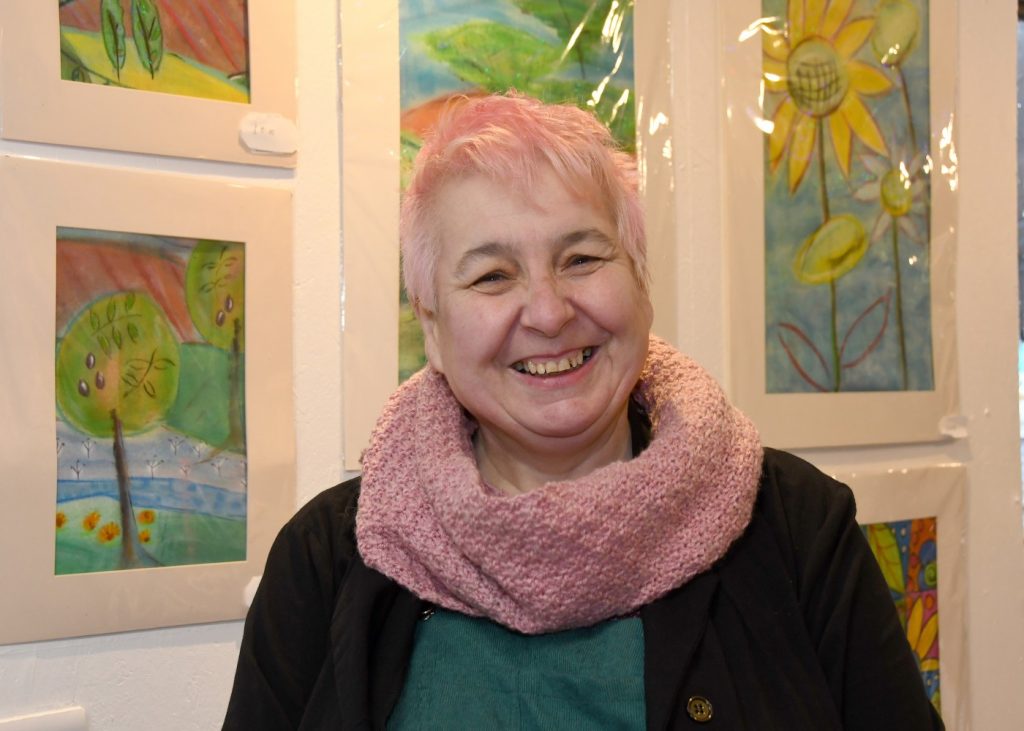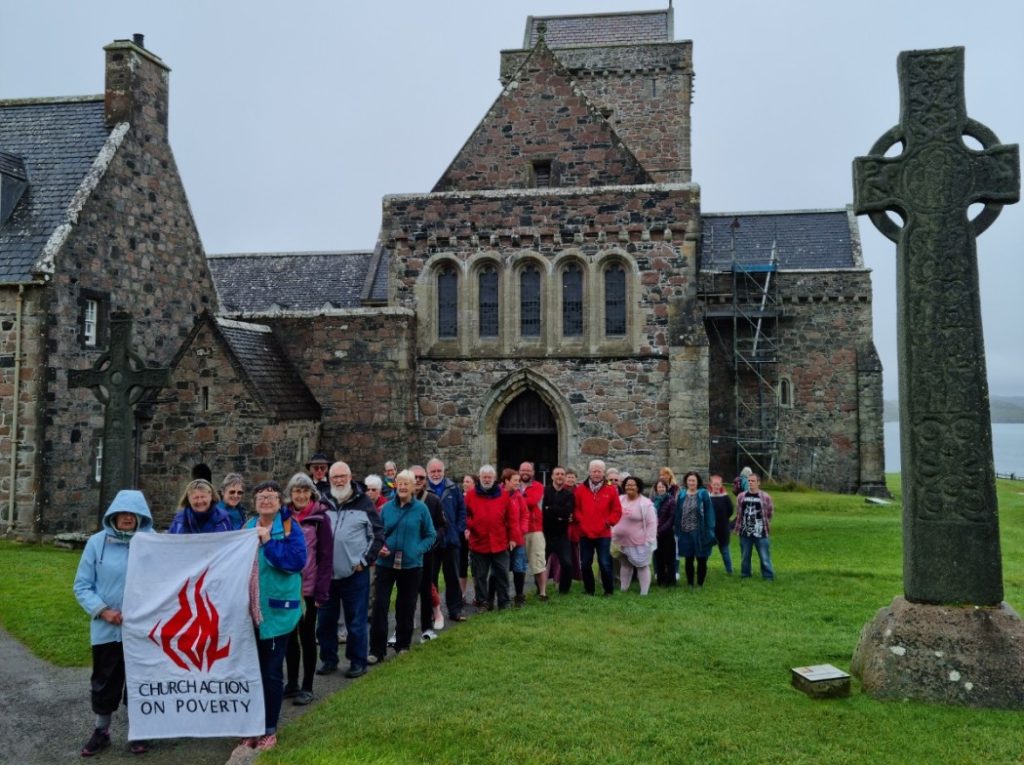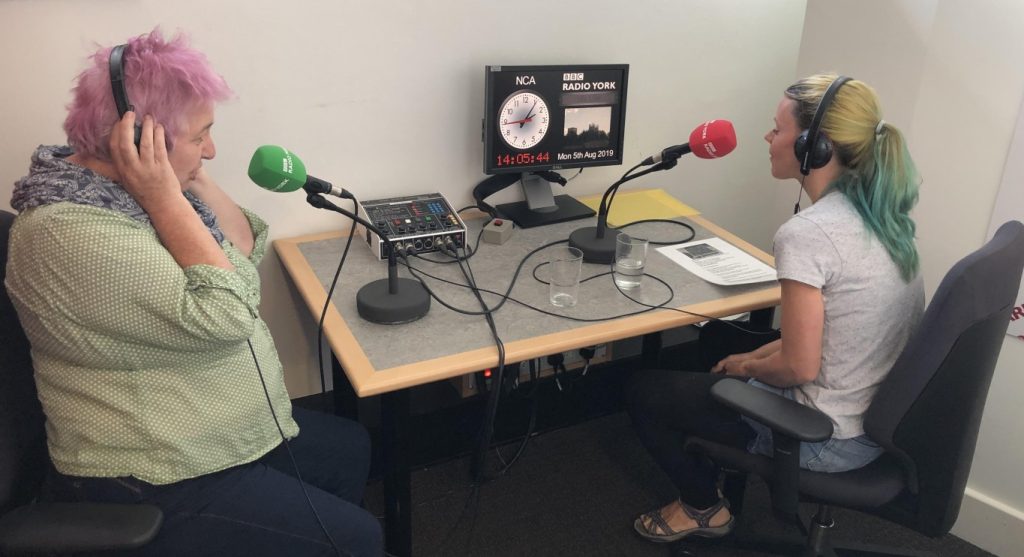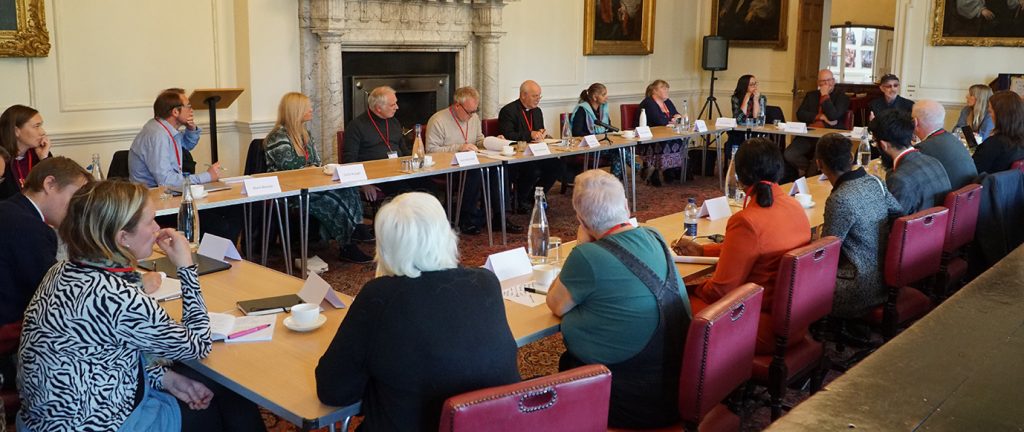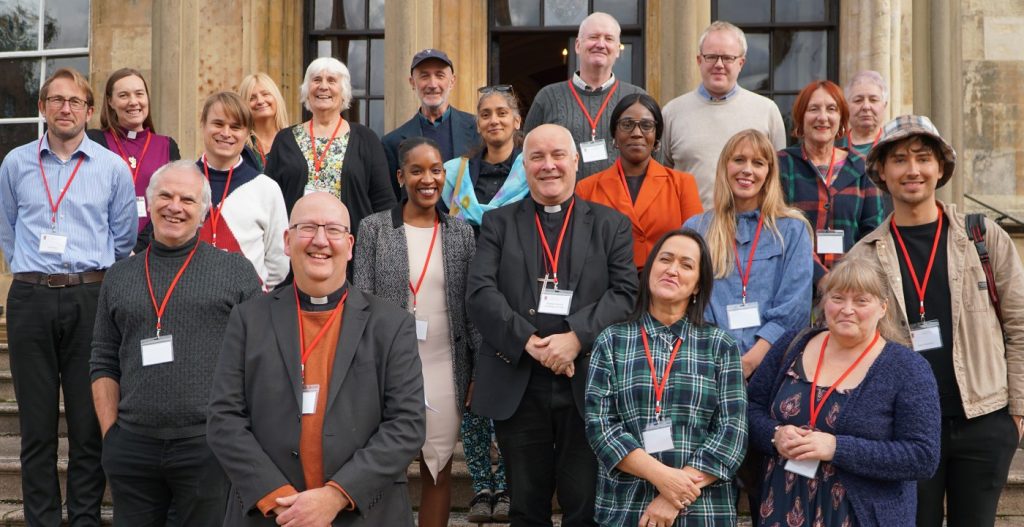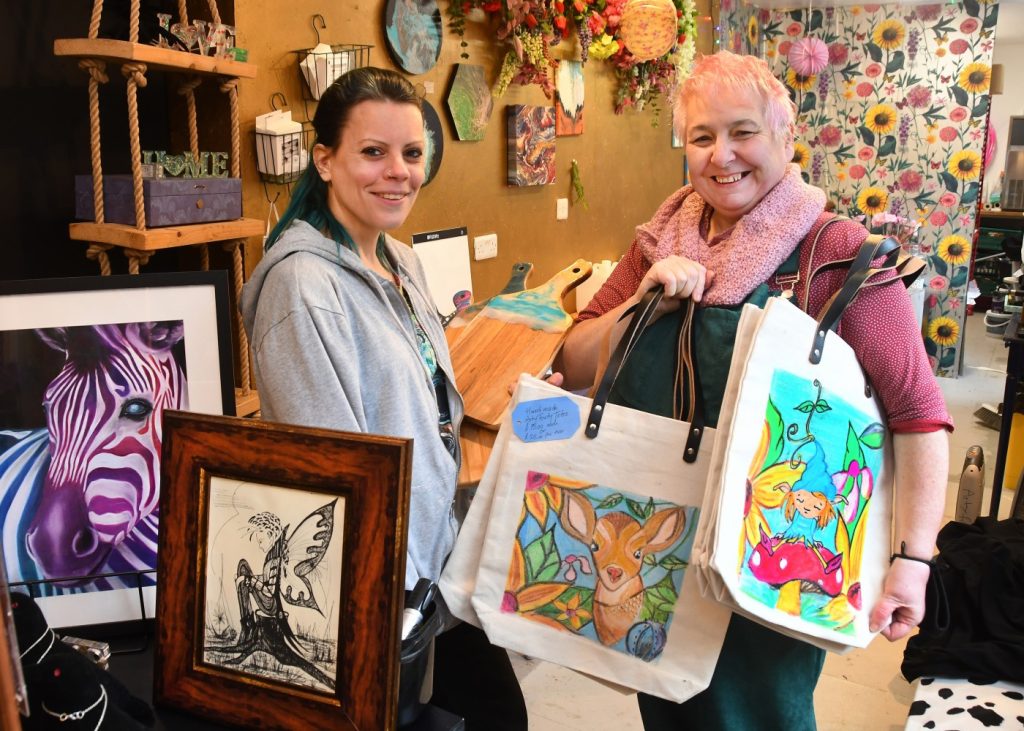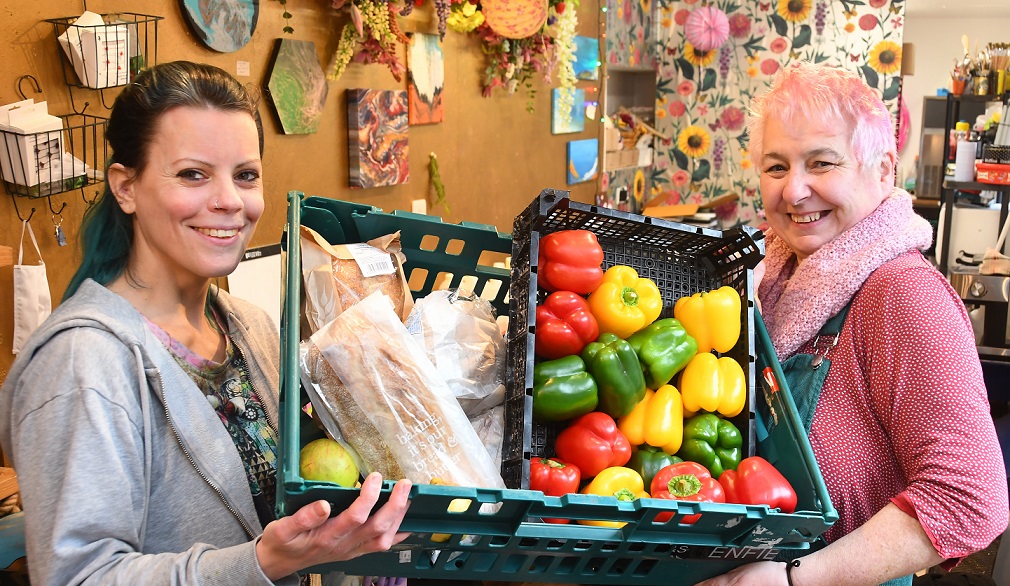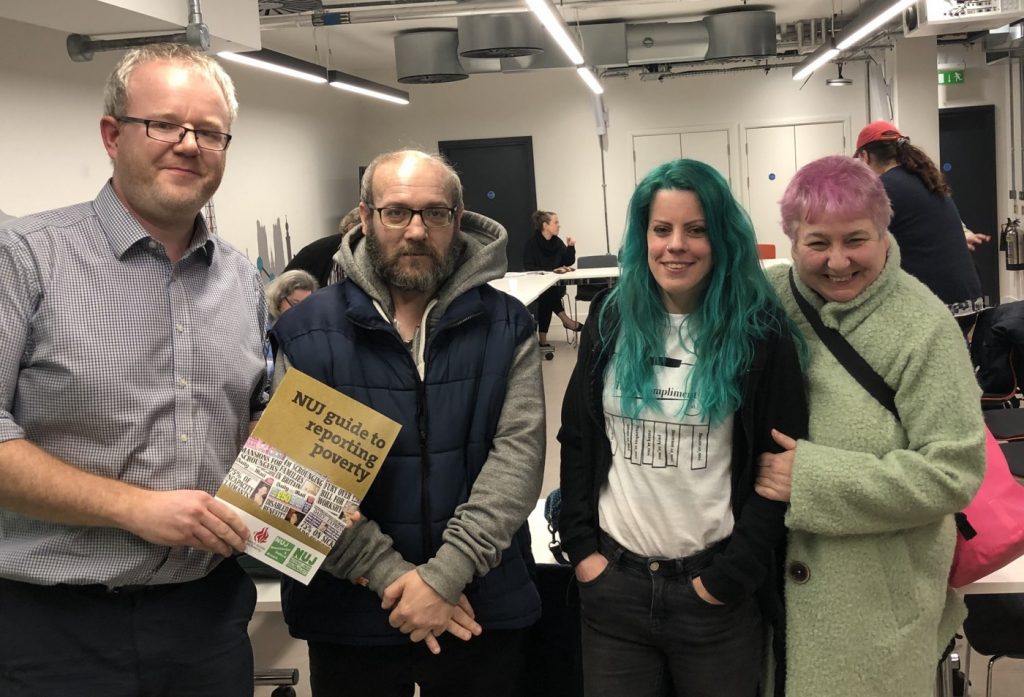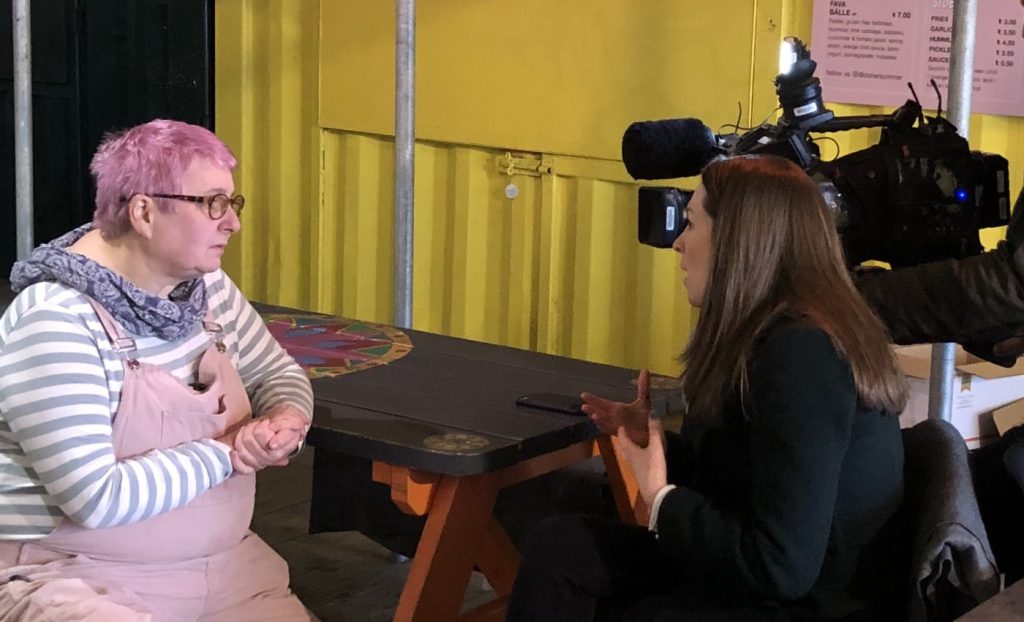MPs praise the Pantry approach – but they must do so much more
Pantry members, volunteers and supporters have always cherished Pantries’ focus on dignity - so we were pleased recently to see its importance being recognised by an influential group of MPs.
The Environment Food and Rural Affairs Committee has published this report into Food Security.
As part of their research, the MPs visited several food organisations and projects in Liverpool, including Blue Base Pantry.
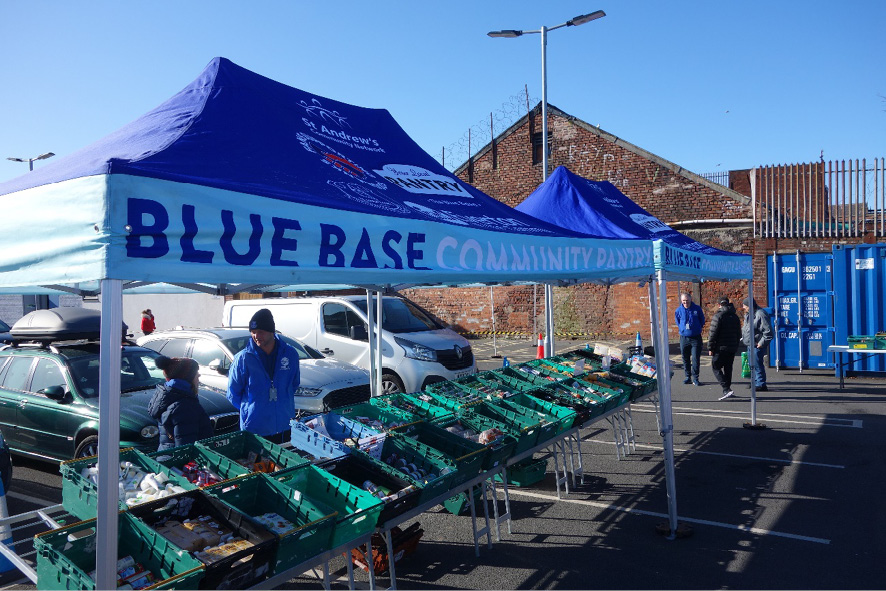
A sense of dignity and choice
The report had this to say:
“We applaud the work being done by charities in Liverpool and around the country to support those in need of food aid. In particular, the Pantry model of food aid provided a sense of dignity to users, as well as choice, and is something we would encourage other food aid organisations to consider where possible.”
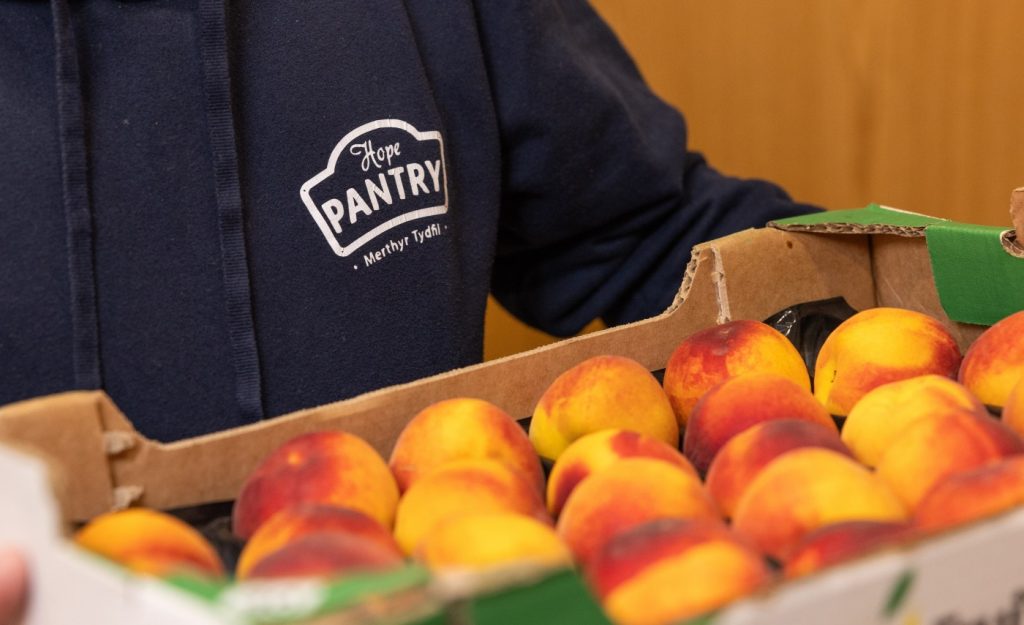
The report also acknowledged the additional support that Pantries provide, noting that other advice and support organisations are often also present at the Pantry.
The committee received and heard evidence from a wide range of organisations, including large national charities and public sector bodies.
Another excerpt from the report says:
“The Trussell Trust said that providing emergency food parcels to people facing an income shortfall was “not a sustainable solution”, adding that “nothing can replace the dignity of households having enough income to buy the food they need for their family”.
“The Local Government Association (LGA) was one of several organisations to call on the Government to take steps tackle rising food insecurity and expand access to access healthy and nutritious food. The LGA said income presented the ‘most significant barrier’ to an adequate diet, prompting it to propose a benefits system that reflected ‘true living costs’.”
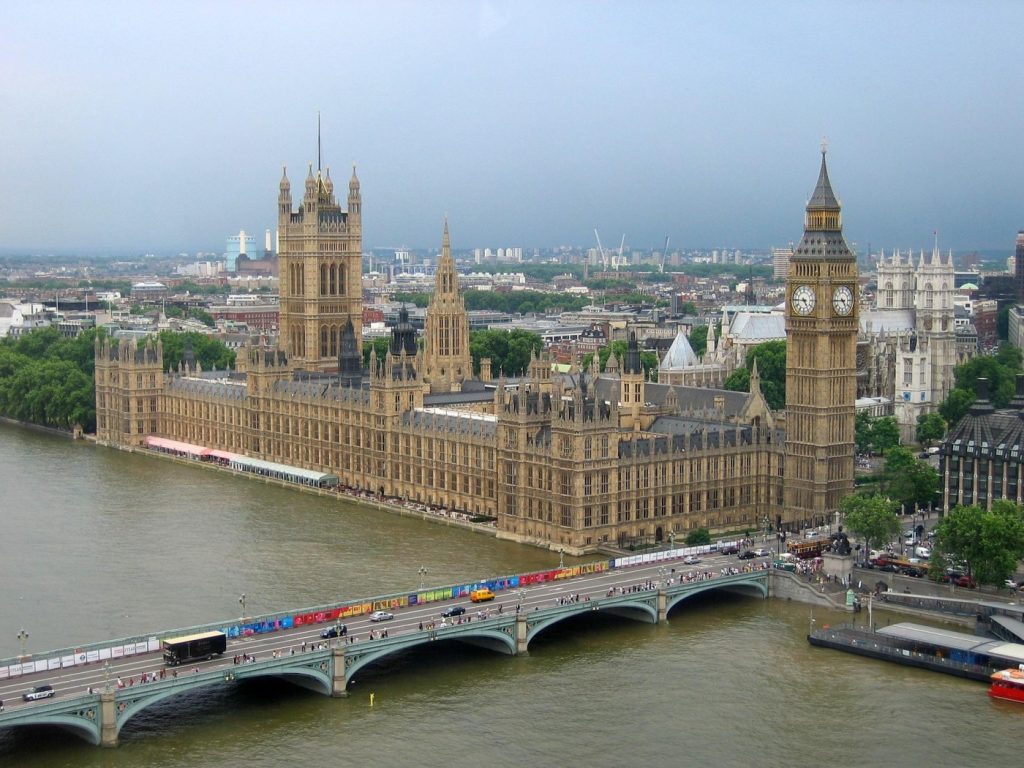
Dignity: cross-party praise
The committee consists of six Conservative MPs, four Labour MPs and one SNP MP.
The committee report said that it welcomed the “substantial support packages” from Government, but said: “The Government should examine whether the totality of support to lower-income households, including from central and local Government and charities, is sufficient to ensure household food security without the need to regularly use food aid organisations and publish its findings within six months of the publication of this Report.”
It also said the Government should undertake a detailed assessment of the costs and benefits of extending free school meals in England.
Much of this echoes what Pantry members tell us time and again, and what we said when we launched the Your Local Pantry So Much More report in July.
Government must step up to secure dignity for all
When communities come together around food, they can do and be wonderful things… but Pantry members and volunteers are also witnessing the acute harm being done by soaring living costs, coupled with inadequate national support systems.
Charity has never been the long term answer to food insecurity. We need so much more than that.
We need national commitment and we need Government to step up. Everyone should have access to good food – and that means all incomes need to keep pace with rising living costs.

